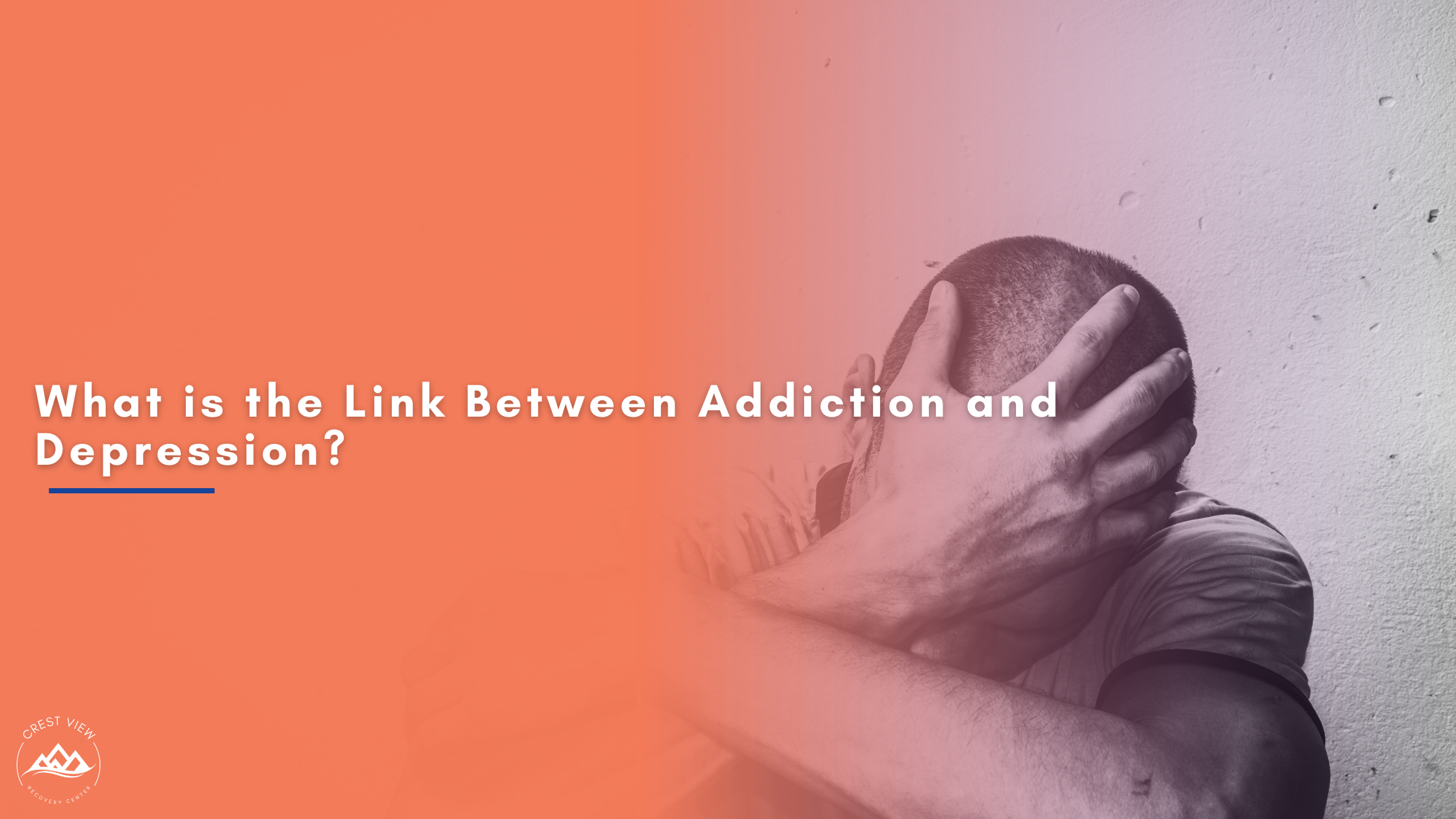[vc_row][vc_column][vc_btn title=”Call Now” style=”flat” shape=”square” align=”center” link=”url:tel%3A8663272505||target:%20_blank|” el_class=”button”][/vc_column][/vc_row][vc_row][vc_column][vc_column_text]Taking the first steps to sobriety when you are struggling with a substance abuse problem may not seem all that appealing. For you, the thought of being sober might sound scary because you would no longer experience the effects of drinking or using drugs. You might also think sober living means you will lead a rather dull and boring lifestyle.
However, while achieving sobriety can be challenging, the benefits of reaching this goal will far outweigh your current substance abuse experiences. We are not referring to not waking up with hangovers or experiencing a crash after drugs wear off either. Instead, we are talking about meaningful, long-lasting benefits you can gain by choosing to live sober.
What Is Sobriety?
Sobriety refers to a physical and mental state where you are not under the influence of alcohol or drugs. It means you can think clearly, make responsible decisions, and live a productive life free from alcohol and drugs. However, it is worth mentioning that people who suffer from a mental health disorder and require prescription medications to manage their conditions can also live sober lives. The only difference is they use their medication responsibility to manage the symptoms of their condition.
What Benefits Are Gained from Sobriety After Addiction?
#1. The option to repair damaged relationships.
Addiction can damage relationships with friends, family, partners, and children. Eliminating the substance that caused this destruction opens up the opportunity for healing to begin. While not everyone may be ready to repair the damage you caused, there is always hope that someday you can mend these relationships.
#2. The body and mind start healing as soon as you are detoxed.
The body and mind are very resilient when it comes to healing itself. The moment the substances you abused have been detoxed from the body, you will notice an immediate change in how you feel about yourself.
#3. Improved nutrition and physical fitness.
Two key components of recovery are eating well-balanced nutritious meals and exercising regularly. Both of these things help promote a stronger body and mind. As a result, you will feel better about yourself emotionally and physically. You may also notice you sleep soundly and have more energy to do the things you enjoy.
#4. Improved mental clarity.
Substance abuse takes its toll on our mental functions. It can be hard to concentrate, think, and recall past events. However, once the substances are purged from the body, our minds start to clear, like a heavy fog is being lifted.
#5. You regain control over your finances.
The money you spent on drugs and alcohol could have easily eroded your savings, maxed out your credit cards, or even caused you to lose your house or car. While your financial situation may not be the greatest after getting out of a recovery program, living sober allows you to take the steps necessary to rebuild your finances gradually.
#6. You have a new opportunity to live your life however you want.
Living sober allows you to decide how you want to live your life. You could choose to live independently or find someone to settle down with and start a family. If you are already married or have children, living sober makes it easier for you to cherish all those precious moments you were missing out on because of your addiction.
#7. Renewed interest in healthy pursuits.
Addiction requires a major investment of your time and energy. Once you are free from addiction, you will notice how much extra time you have to pursue your interests, hobbies, and other things that bring you enjoyment.
How Is Sobriety Maintained After Addiction?
Maintaining sobriety requires you to live sober from one moment at a time to the next. Therefore, it is highly encouraged to look ahead and set short-term and long-term goals. However, reaching those goals is easier when you focus on living sober in shorter periods.
For example, if you are fresh out of recovery, you should focus on living sober one hour to the next. As your confidence builds, then you can expand to living two hours at a time sober until you eventually can live one day at a time sober. By using this approach to sobriety, before you know it, you will be living one week to the next sober, one month to the next sober, and ultimately one year to the next sober.
What If I Relapse?
Relapse can occur when you are recovering from an addiction. The most important thing to remember is not to lose focus of your progress before the relapse. A relapse is not the end of the world, so do not beat yourself up over it.
Take the time to reflect on what triggered the relapse and what you could do differently to avoid relapsing in the future. Then, accept the fact that you relapsed, then move forward by regaining your sobriety even if it means re-entering a rehab program.
Get Help Getting Sober in Asheville, NC
Are you ready to get help to live a sober life free from drugs and alcohol? If you are, Crest View Recovery Center in Asheville, NC, is here to provide the assistance and guidance you need. We offer a holistic approach to addiction treatment that treats the mind, body, and spirit using personalized treatment plans tailored to your specific needs. In addition, we enable you with the tools and skills needed to maintain your sobriety as your return to life outside rehab.
For further information about how we can help you achieve sobriety, please feel free to contact us by calling 866-350-5622 today!
[/vc_column_text][/vc_column][/vc_row]




